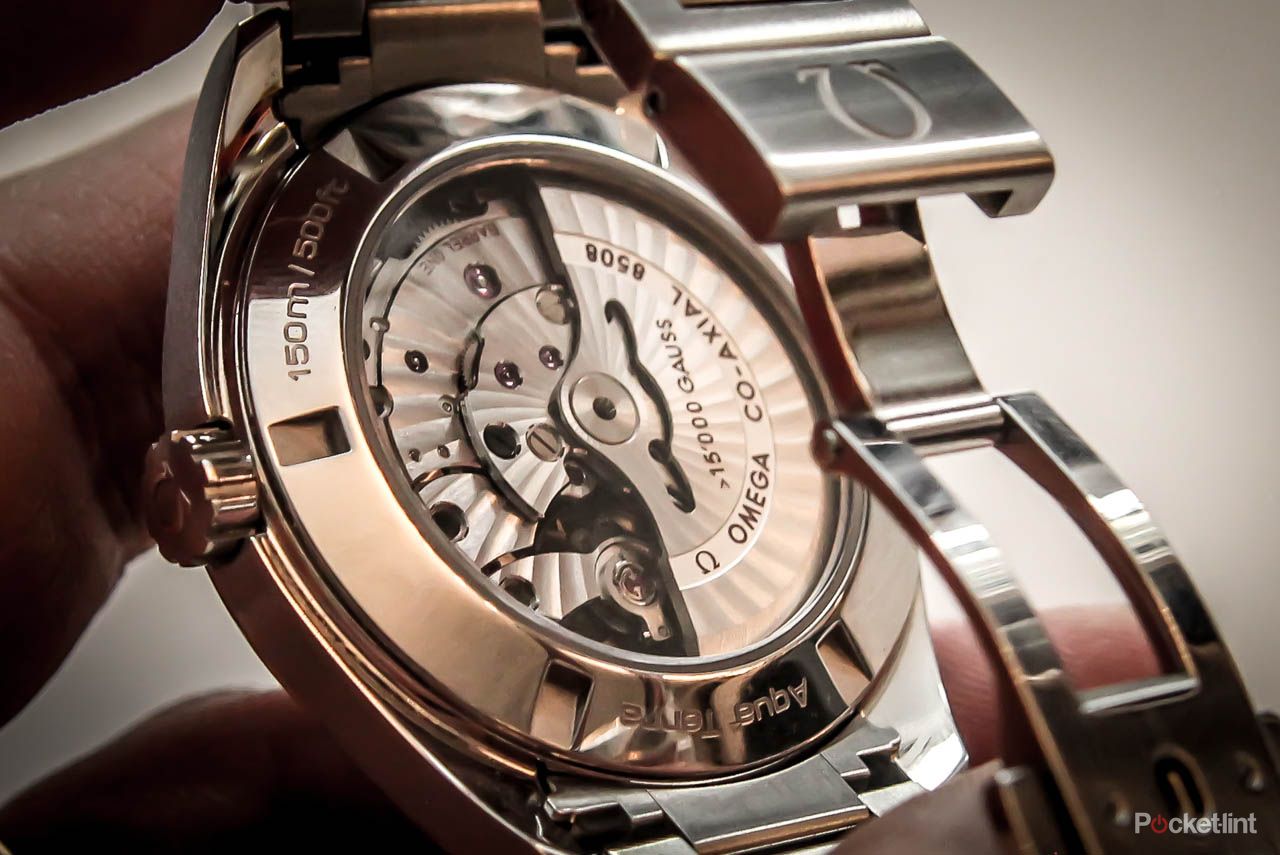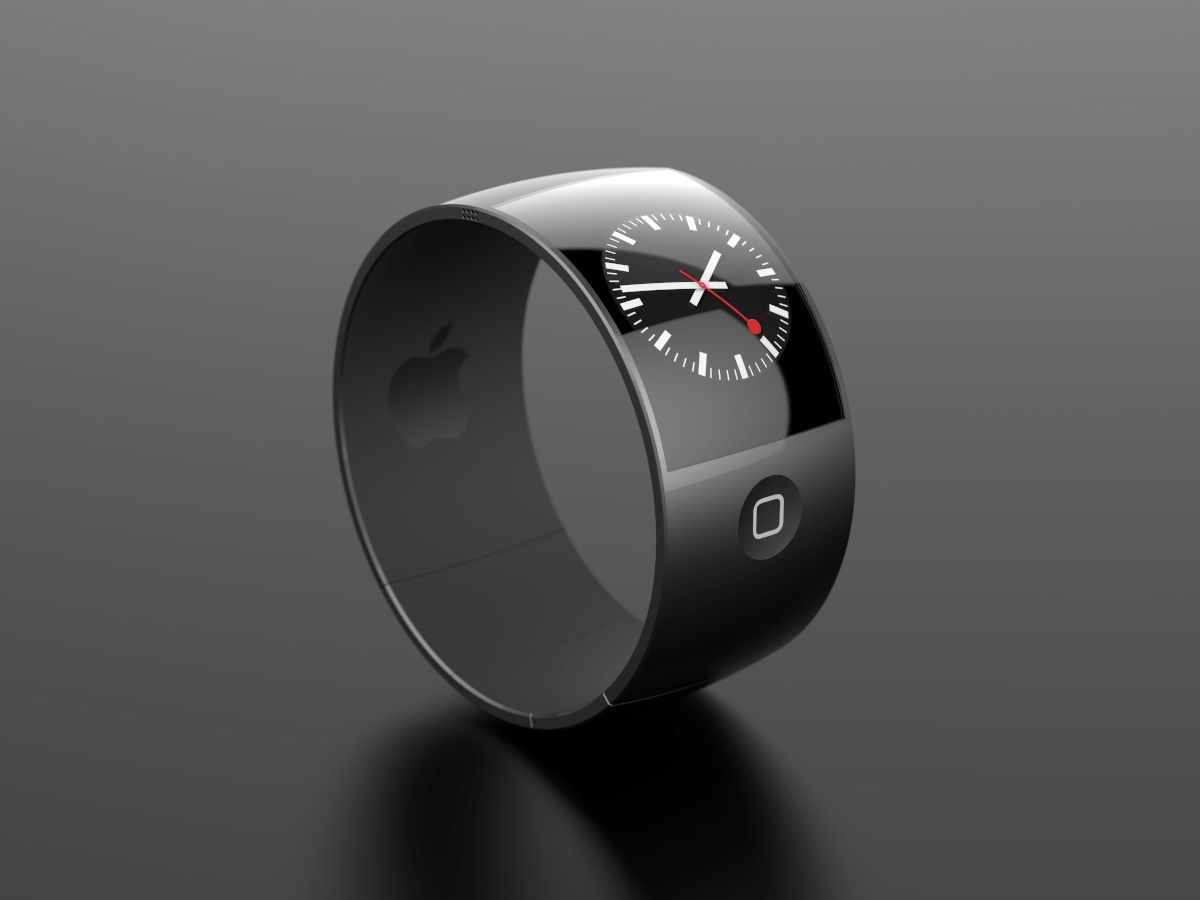While the Apple iWatch is merely stuff of rumour, there is no denying that people are talking about it.
Motorola, TomTom, Nike, Pebble and Sony already have smartwatches on the market, while Google, Apple, and even Dell are expected to do so in the next few years. No matter who you root for, you can pin a rumour or actual smartwatch to most companies. So can a traditional watch company, like Omega, still stay relevant? What does it think of this latest trend? We sat down with Stephen Urquhart, president of Omega, to find out.
"We aren't trying to compete. It's a whole different ball game," says Urquhart. "We are trying to solve a problem that has been there for 150 years.
"I think if you go back to watchmaking since the changes in the 70s and 80s many people were quick to embrace electronic technology from the time, like Quartz, but it never took off. Maybe the consumer wasn't ready for it, maybe they didn't want it. Or maybe the Swiss brands did a great job to reposition themselves. Today we live in a different world."
Omega, seen as one of the more technology embracing watchmakers, is still trying to solve problems affecting mechanical watches rather than thinking about connecting to your smartphone.
When your watches costs more than a top of the range laptop, but are still affected by simple problems like magnetic interference, you can understand what the motivation is.
So has the mechanical watch had its day?
"I believe there is so much technology that is fantastic, but a mechanical watch isn't a relic of the past," the man in charge explains. "There is a growing demand for mechanical watches, even in high-tech societies, I met two execs from the biggest tech company in the world and they are both wearing a winding mechanical watch from Omega. That's fantastic.
"Smartwatches are not a blip, but I think they are very complementary products. At Omega, we aren't trying to complete with what an iWatch or smartphone watch could deliver as information. We aren't trying to compete."
Of course one way to not compete is to lead from the front, something Urquhart doesn't rule out, but he suggests we shouldn't hold our breath.
"I don't think we will get it the smartwatch space. I don't think it's in our vocation. Omega never say never, but I don't think so. I don't see it happening today."
It's the answer we expected, but one that we are disappointed by. Omega is famous for achieving a number of firsts in watch history including the first watch to be used on the Moon, the first watch with a quartz driver, and the first anti-magnetic watch.
"Our mission statement for the next 10-20 years is the coaxial movement. I think we can continue to advance. What we are doing with magnetism, coaxial, new materials, new alloys - and I think we can go further."
One reason for the hesitant approach is perhaps the lack of timeless quality about today's gadgets, something that jars with Omega's heritage.
"If something is going to last, to be timeless, to be repairable and to be passed down through generations, it shouldn't be something we replace every two years. How many products today with a mechanical function can you purchase that will last beyond your generation? Even the motorcar doesn't," Urquhart emphasises.
"If you look at young kids, yes of course they are on their smartphones. Their first priority isn't to go and buy a mechanical watch, I know that some do, but most don't. At some point in their life however they will see the emotional connection and that's what we have to build on."
While Omega might not be rushing to create the next iWatch, it is embracing futuristic materials like Liquidmetal and graphene.
"I am not a scientist, I've heard the name in our discussions, but we are having discussions about graphene in our watch design; looking at what is possible."
Graphene, deemed by many to be the next "super material", is already being heavily researched by tech companies around the world for its lightweight but strong properties.
The company's latest watch, the Seamaster Aqua Terra > 15,000 gauss, already has parts made from Liquidmetal, a first in the watch world and thought to be matched only by Apple in the consumer electronics space.
With Urquhart not ruling out the possibility of future watches being completely made with the alloy - that can be injection moulded into virtually any shape - when Omega wants to, it can very much embrace the future.
For now it seems that Omega is happy solving age-old problems, rather than convincing us to embrace new ones, happy with being the constant in an ever changing world.
Urquhart says: "We are encouraged to change everything every two years. We change our smartphones, our computers, even our cars. A mechanical watch though keeps this link between the past and perhaps the future, and I like that constant."




